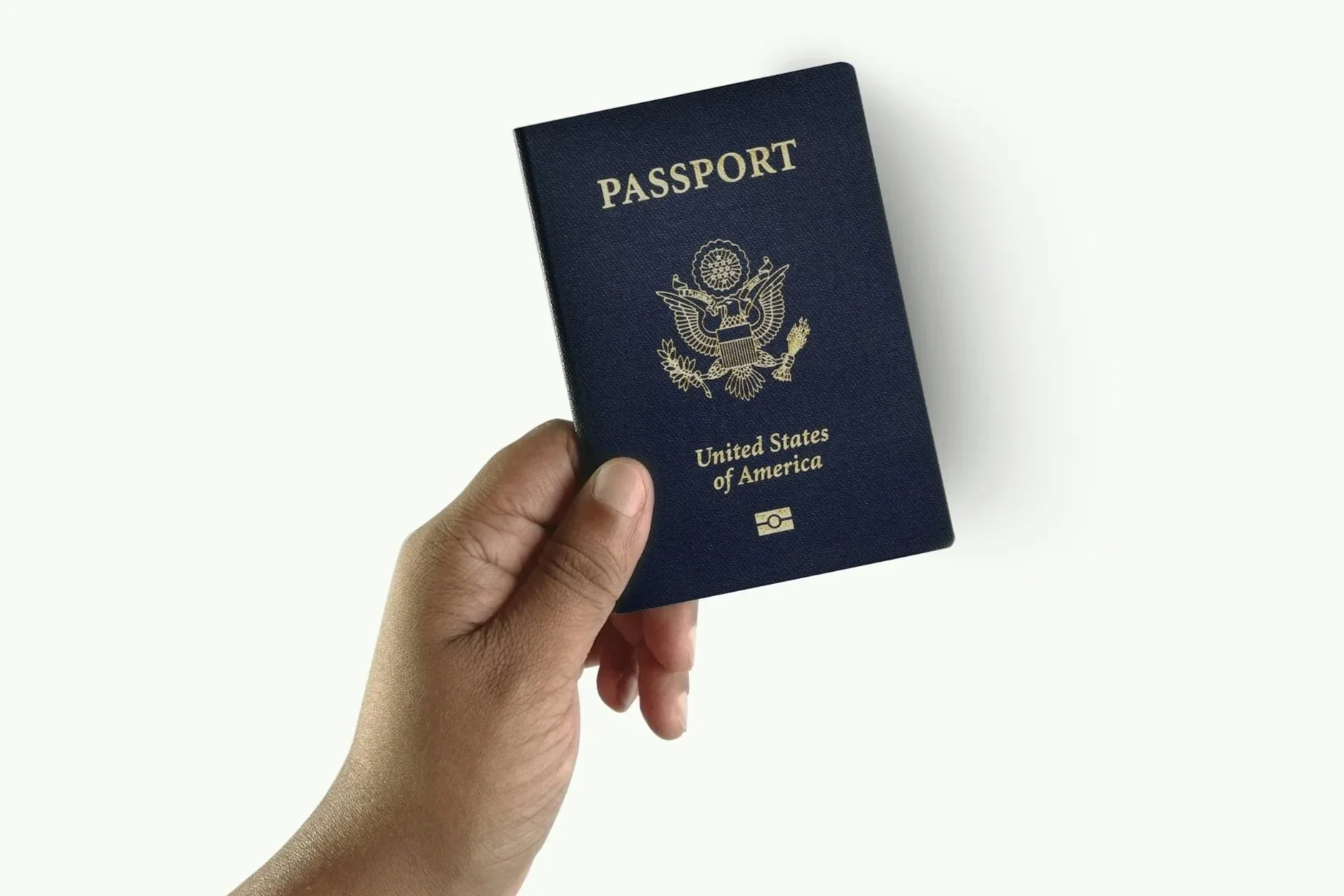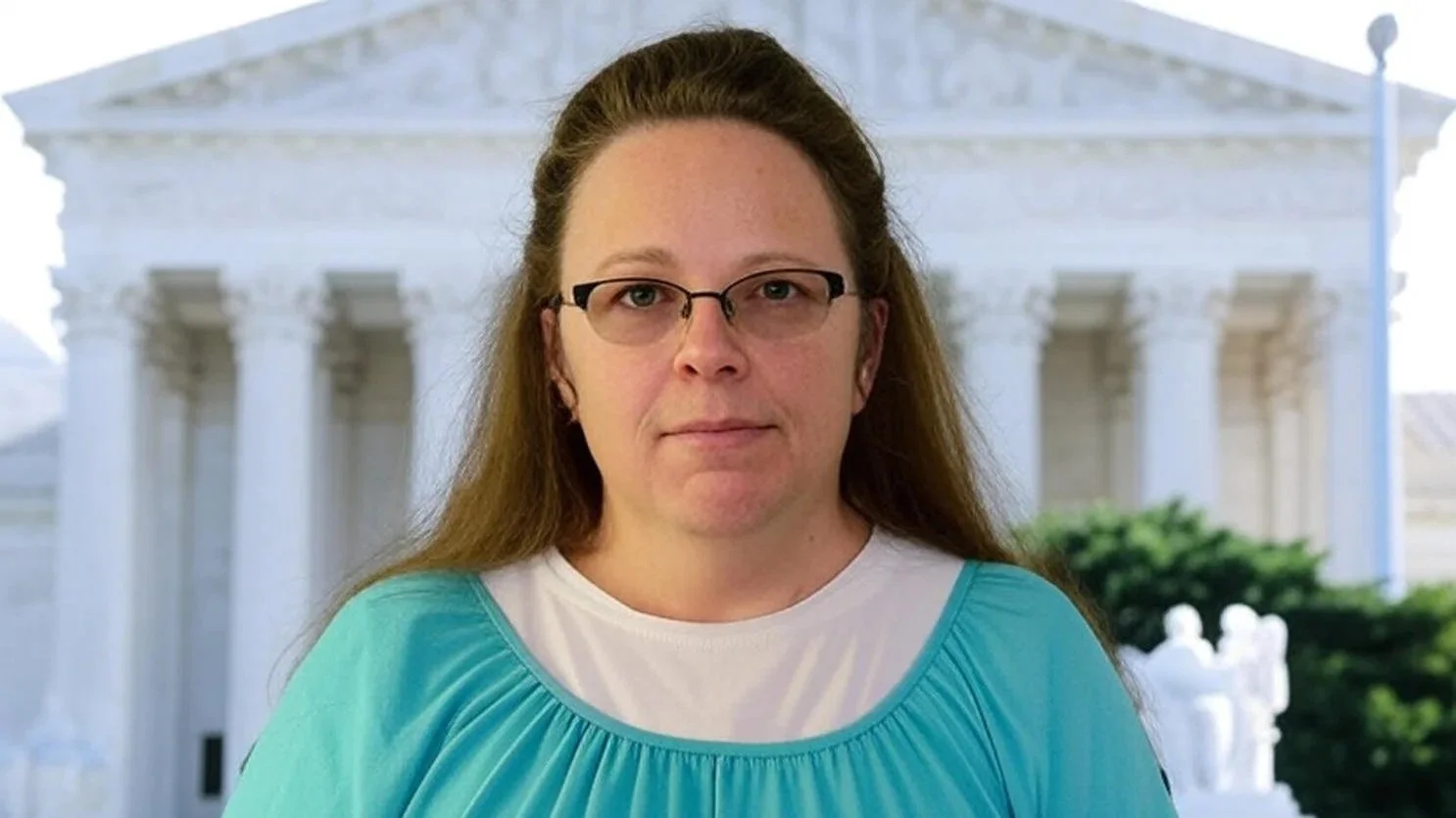Rationally Based is a Supreme Court blog focused on the United States Supreme Court’s decisions, judicial philosophies, and their effects. We analyze landmark cases, legal trends, and the Court’s role in shaping law and society, keeping it clear and concise. Whether you’re a legal professional, law student, or just interested in the highest court, we provide insights into its impact on American jurisprudence. Explore our articles to stay informed on the Court’s decisions and their implications.
Loading articles...
Featured Articles
Latest Articles

Trump Admin Asks SCOTUS to End Birthright Citizenship
The case stems from President Trump's January 20, 2025, executive order aiming to restrict birthright citizenship under the 14th Amendment, excluding children born in the U.S. to parents who are undocumented or on temporary visas, challenging long-standing interpretations rooted in post-Civil War history and key Supreme Court precedents like Wong Kim Ark.

SCOTUS Allows ICE to Continue Stops Based on Broad Racial Factors
In a divided order, the U.S. Supreme Court has paused a lower court injunction that limited the ability of federal immigration officers in the Los Angeles area to conduct investigative stops based on a combination of factors including race, language, and location.

Race-Based Redistricting Comes Before the Supreme Court
Louisiana is asking the Supreme Court to invalidate a congressional map that creates a second majority-Black district, setting the stage for a major showdown over the future of the Voting Rights Act and the role of race in American politics. Amid debates over redistricting, the disposition of this case may have long lasting ramifications.

SCOTUS Asked to Overturn Same-Sex Marriage Rights
In a direct challenge to one of the most significant civil rights rulings of the 21st century, former Kentucky county clerk Kim Davis has formally petitioned the Supreme Court to overturn its 2015 decision in Obergefell v. Hodges, which established a constitutional right to same-sex marriage. Davis’s petition stems from a lawsuit where she was found liable for damages for refusing to issue marriage licenses based on her religious beliefs. Her lawyers argue that the Court should reverse its precedent, asserting that Obergefell was "egregiously wrong" and "on a collision course with the Constitution from the day it was decided."

Supreme Court Steps In to Preserve Private Lawsuits Under Voting Rights Act
The Supreme Court has temporarily shielded the Voting Rights Act (VRA) from a lower court ruling that threatened to gut a key enforcement provision of the landmark civil rights law. In a brief order, the justices paused a decision from the U.S. Court of Appeals for the 8th Circuit that would have barred private individuals and organizations from suing under Section 2 of the Act, which prohibits racial discrimination in voting.

Plaintiffs Request Supreme Court to Recognize Private Actions Under the Voting Rights Act
In a high-stakes legal battle with profound implications for the future of voting rights, a group of plaintiffs, including two Native American tribes from North Dakota, have asked the U.S. Supreme Court to intervene in their case. They seek to block a controversial appellate court ruling that threatens to dismantle a key enforcement mechanism of the federal Voting Rights Act (VRA).

SCOTUS Rules for Parents in Mahmoud v. Taylor: Balancing Religious Freedom and Inclusive Education
In 2022, the Montgomery County Public School Board in Maryland introduced 13 "LGBTQ+-inclusive" storybooks into its elementary curriculum, with 5 aimed at grades K-5. These books addressed themes of sexuality and gender identity. Initially, parents could opt their children out, but in March 2023, the Board eliminated this option, citing disruptions and stigma. Parents from diverse religious backgrounds, including Muslims, Catholics, and Ukrainian Orthodox, challenged the policy, arguing it violated their religious freedom by compelling exposure to ideas contrary to their beliefs. Lower courts denied their request for an injunction, leading to a Supreme Court appeal.

Supreme Court Narrows Nationwide Injunctions in Birthright Citizenship Case
On June 27, 2025, the Supreme Court issued a pivotal ruling in Trump v. CASA, Inc., et al., addressing the scope of federal courts' authority to issue universal injunctions against Executive Order No. 14160, which seeks to redefine birthright citizenship under the Fourteenth Amendment. The decision, authored by Justice Amy Coney Barrett, did not resolve the Order’s constitutionality but significantly altered its implementation by limiting the reach of preliminary injunctions issued by lower courts.

SCOTUS Upholds Tennessee Law Banning Gender Affirming Care for Minors
On June 18, 2025, the United States Supreme Court issued its decision in United States v. Skrmetti, a landmark case addressing the constitutionality of Tennessee’s Senate Bill 1 (SB1). This law, enacted in 2023, prohibits gender-affirming medical treatments, such as puberty blockers and hormone therapy, for minors when prescribed to treat gender dysphoria or to enable identification with a gender inconsistent with their sex assigned at birth. The case, which has drawn significant attention for its implications on transgender rights and healthcare access, was decided by a 6-3 vote, with the majority upholding the law.

SCOTUS Rules for Plaintiff in “Reverse” Discrimination Case
On June 5, 2025, the United States Supreme Court issued a unanimous decision in Ames v. Ohio Department of Youth Services, a pivotal case that clarifies the scope of protections under Title VII of the Civil Rights Act of 1964. The Court ruled that the Sixth Circuit’s requirement for majority-group plaintiffs to show “background circumstances” to establish a prima facie case of discrimination is inconsistent with Title VII and its precedents. This decision ensures that all individuals, whether part of a majority or minority group, are equally protected from workplace discrimination, marking a significant step toward uniformity in employment law.
Meet Ross J. Fodera, Esq.
Ross J. Fodera, Esq. is the founder of the Fodera Law Firm and specializes in small business legal services, including employment disputes, real estate transactions, corporate formation, contract disputes, and risk management. Since becoming an attorney Mr. Fodera has been involved in a number of six-figure settlement negotiations, EEOC proceedings, and real estate litigation. Mr. Fodera takes pride in providing affordable services and effectively communicating with clients so they understand every stage of their representation. Mr. Fodera is barred in the District of Columbia and Massachusetts.





In a significant policy shift, federal prosecutors in the District of Columbia have been directed to stop bringing felony charges against individuals solely for carrying rifles or shotguns. The new directive, confirmed by U.S. Attorney for D.C. Jeanine Pirro, stems from a Justice Department determination that the city's longstanding ban on the public carry of long guns is unconstitutional in light of recent Supreme Court precedent.